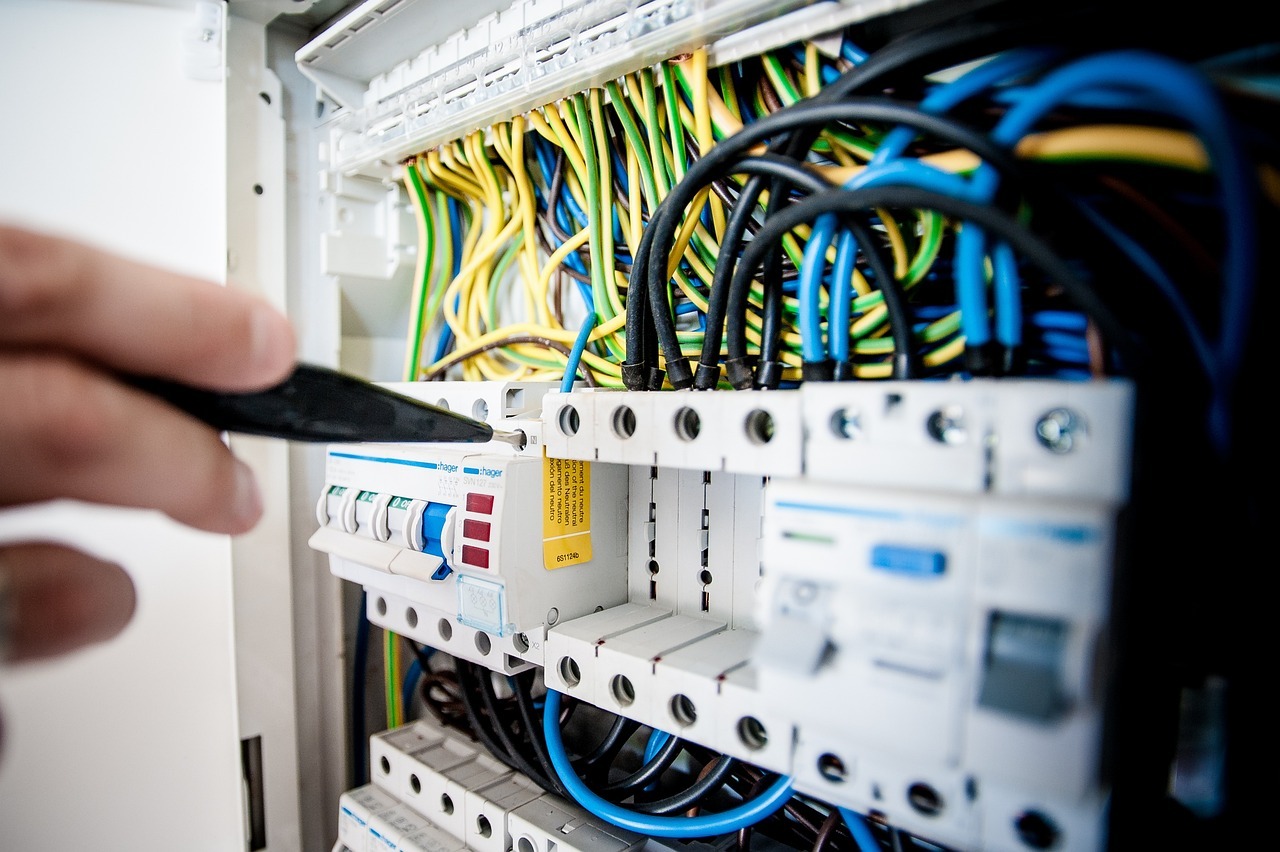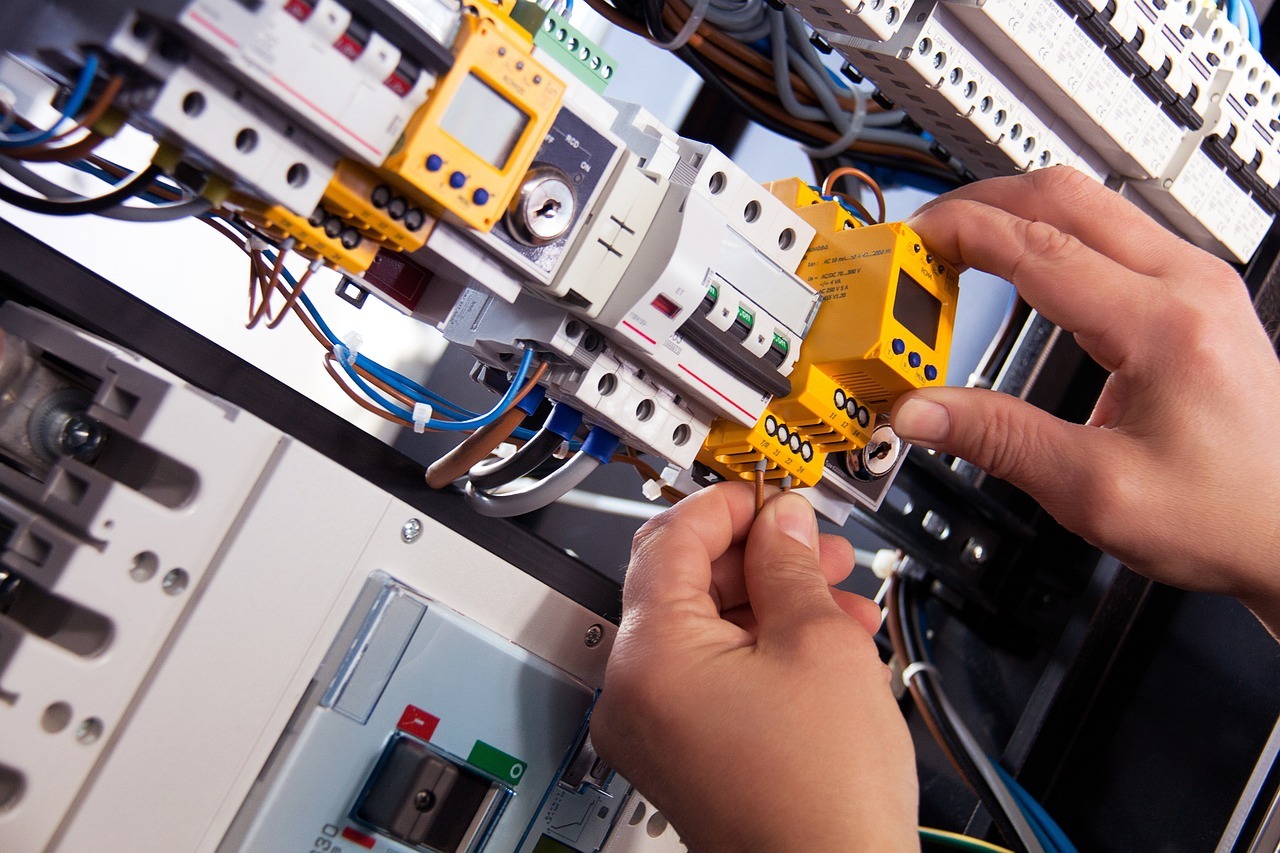The electrical wiring in every household is a critical component that ensures safety is a priority. However, over time, some changes can risk safety, and it all begins in the heart: the wires.
So, recognizing when it’s time to rewire your house is crucial for maintaining safety, preventing electrical issues, and ensuring the smooth functioning of your home. It would allow for a safe and efficient distribution of power.
In this article, we’ll help you navigate it! We will review the signs and reasons you should go for home rewiring. Let’s begin! How would you like to electrical switchboard upgrade? Please click here.
Signs You Need To Rewire Your House
Age of the Wiring
One of the primary indicators that your house may need rewiring is the age of the electrical system. Many older homes were built with wiring that may be on the verge of expiration or doesn’t meet modern safety standards.
So, if your house still has those old-fashioned wires, it’s a clear sign that an upgrade is necessary. It is typically advised to change wires every 25-30 years. So, better find out what is 10/2 wire used for because you may need it soon!
Frequent Circuit Breaker Trips
Another sign of it is the circuit breaker malfunctioning. If you find yourself constantly resetting the trip, it is a sign. It can root from circuit breakers or experiencing frequent power outages overloaded or faulty wiring.
So, check in with the electrician because an overloaded circuit has a significant risk of a fire hazard and should not be ignored.
Flickering Lights
Light may bring brightness to your day but can also be an annoying trigger to your home rewiring. Persistent flickering or dimming lights may indicate loose or damaged wiring.
This issue can be particularly concerning, as it may point to problems within the electrical system that need immediate attention. Light flickering once or twice is okay, but consider rewiring if it repeats every new installment.
Burning Smell
A burning smell or the presence of scorch marks around outlets or switches is a serious warning sign of electrical issues. Faulty wires take on more load and start malfunctioning, resulting in burns.
These signs could suggest overheating wires, posing a severe fire risk and requiring immediate investigation. You can also look into frequent shocks or sparks besides a burning smell or marks.
Outdated Outlets and Switches
While vintage houses may seem to be the trend right now, for the wires, it’s not. If your home still has two-prong outlets or lacks Ground Fault Circuit Interrupters (GFCIs), it is time for a modern take.
It is especially important for areas prone to water exposure, electricity demand, and modern appliance use to upgrade to modern, safer options. It will not only enhance safety but also make sure it is compatible with current electrical codes. They can be one of the reasons why some household appliances skyrocket your electricity bill.
Reasons to Rewire a House
Safety Concerns
The primary reason to rewire a house is safety. Outdated wiring or faulty electrical systems can lead to electrical fires, shocks, and other hazards. Ignoring the signs will cause more problems to show up. Somedays it could be a common air conditioning problem; others, it can be a fire hazard.
So, rewiring helps to both refresh the wires and upgrade to modern wiring standards to ensure a safer living environment for you and your family.
Increased Power Demand
As years go on, new technology and the demand for power are introduced. Houses are becoming modern, and labor work is turning digital. So, in a modern household, there are more electrical appliances and devices than in the past.
And of course, with more devices, more power is used, and it can cause a big load on the old wires, causing a fire. If your home’s electrical system is struggling to meet the increased demand, rewiring may be necessary to accommodate the higher power requirements.
Compatible with Building Codes
If you’re looking into renting or selling the house you are living in, being compatible with the building codes is necessary. Building codes are regularly updated to address safety concerns and technological advancements.
If your home’s wiring does not meet current code requirements, rewiring may be necessary for compatibility. It will also increase the value of your property if you want to sell it.
Conducting Home Renovations
Whether you want to add stuff or get some daily decluttering done, home renovations come in the way. And when you go for it, the wires may serve as a danger or act incompetent with the new technologies.
So, to add new things to the home, it is important to see if all the wires are compatible and durable. For this, rewiring is necessary. This ensures that the entire electrical system is up to date and can support the additional load from the new work.
FAQs
Let us now look at some frequently asked questions to help with this further!
When is the right time to rewire a house?
The ideal time to rewire a house is during major renovations. This allows you to integrate the rewiring seamlessly with other ongoing projects. You’re basically killing two birds with one stone!
You get both your renovation and rewire done without any extra expense. So, ensuring your home is up to date with modern electrical standards is a great practice before renovating.
Can rewiring improve energy efficiency in my home?
Yes, rewiring can contribute to improved energy efficiency. Upgrading to modern wiring and energy-efficient fixtures can reduce energy consumption, lowering utility bills in the long run.
Please consult an electrician to discuss options for making your home’s electrical system more energy-efficient during the rewiring process. Don’t proceed with any fixes without their supervision.
Conclusion
And there you go! All the signs and reasons why you should get a rewiring done. Knowing this is crucial to maintaining safe and functional living and helps to keep you stress-free.
Keep looking into the wires and appliances occasionally, pay attention to warning signs, and keep your electrician on board for emergency fixes. By doing all this, you can ensure your home’s electrical system’s longevity, safety, and efficiency.


